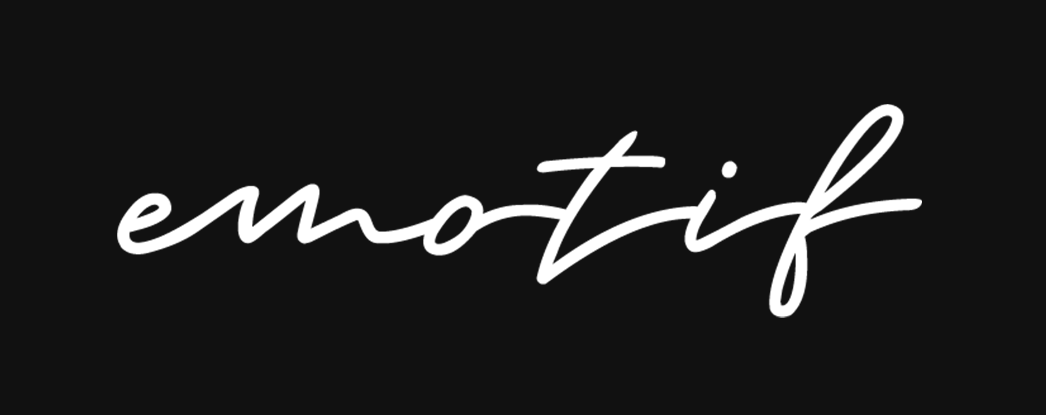Will Software "Eat" your Company, or Feed it?
Marc Andreessen's famous and oft-quoted claim that "Software is Eating the World" is at once true and misleading. It tends to overstate how software is disrupting existing organizational structures and understate the tremendous benefits that accrue to almost everyone when this happens.
While it's true that previously large companies have literally been destroyed by software (Borders, Blockbuster Video), it's also true that this destruction was highly generative for the rest of society, not to mention for the disruptors like Amazon and Netflix. This is not a trivial point: for a company to resist these changes (e.g. via regulation) is to resist your customers' desires and interests, an inherently unstable situation that can only persist for so long before spiralling out of control.
While specific corporations have fallen to software disruption, society as a whole has easier access to more and better content as a result (books, movies, TV shows etc.).
It's no coincidence that the "Golden Age of TV" began around the turn of this century as technology disruption in film production and distribution unleashed powerful forces. Until relatively recently, high production costs meant that the "best" material had to be confined to 2 hour movies. As the cost of "high production values" fell, content creators took bigger risks with longer stories in the 10-30 hour "series" format. Almost everyone benefitted from this.
What are the lessons for companies in the "legacy" economy at risk of getting eaten by software? There are many, and here are a few "big ones" worth mentioning now. (We'll go into more detail in future blog posts).
To borrow the lens of Porter's five forces of business strategy, in the age of "hungry software", substitution risk, coupled with buyer power that comes from increasing choices, are a far greater threat than new entrants or rivalry among existing firms in a traditionally-defined industry.
The level of change precipitated by software is so all-encompassing that the very notion of industry "turf" to defend may be unhelpful. Industry players tend to view their industries as immutable while viewing individual customers as subsitutable (we see this in language like "churn", "market share" etc.) But what if the reverse is true? In this world, your current industry structure can become irrelevant quickly. Your market is a figment of your imagination. Only customers and their needs (and available means of satisfying them) are real.
Too much focus on value capture (short term profits) and not enough focus on value creation is dangerous in an age that is defined by substitution risk and buyer power. If you define your business around how you extract value (make money) today, you'll be fish-food before long. Better to define yourself around how you intend to create value for your customers tomorrow. This starts with having a "self-definition" that's about more than the operational incidentals of your current business model. You need to decide what problems you are going to tackle for people, the thornier the better. You need a real purpose, and you need to commit to it. Lip-service won't do.
A focus on current assets and methods can be a huge distraction. Resources expended figuring out how to put your existing assets to "best use" can lead to the dominance of "inside out" thinking. This can put the blinkers on companies and see them doubling down on obsolete business models, instead of taking a broader look at the world, and the emerging opportunities to create value within it. Too much introspection about the status quo of your organization can prevent companies seeing how well placed they are to tackle customers' emerging needs and desires in creative and valuable ways.
This is a BIG one. It's not your job to preserve the operational status quo inside your company in the face of outside pressures. What many corporate people see as a threat needs to be reframed as an opportunity. It's like the wave / particle duality in physics; if you see a threat, the threat will come at you and probably destroy you. If you see an opportunity, you will embrace it and benefit from it. If you pursue the path of resisting inevitable changes, you are actually precipitating the demise of your own company to outside forces beyond your (or anybody's) control. We cannot turn off the Internet, and I mean this literally. Any company being distrupted by software must allow itself to be "fed" by the software, or to be eaten by it. So, will you eat the bear, or will the bear eat you?

